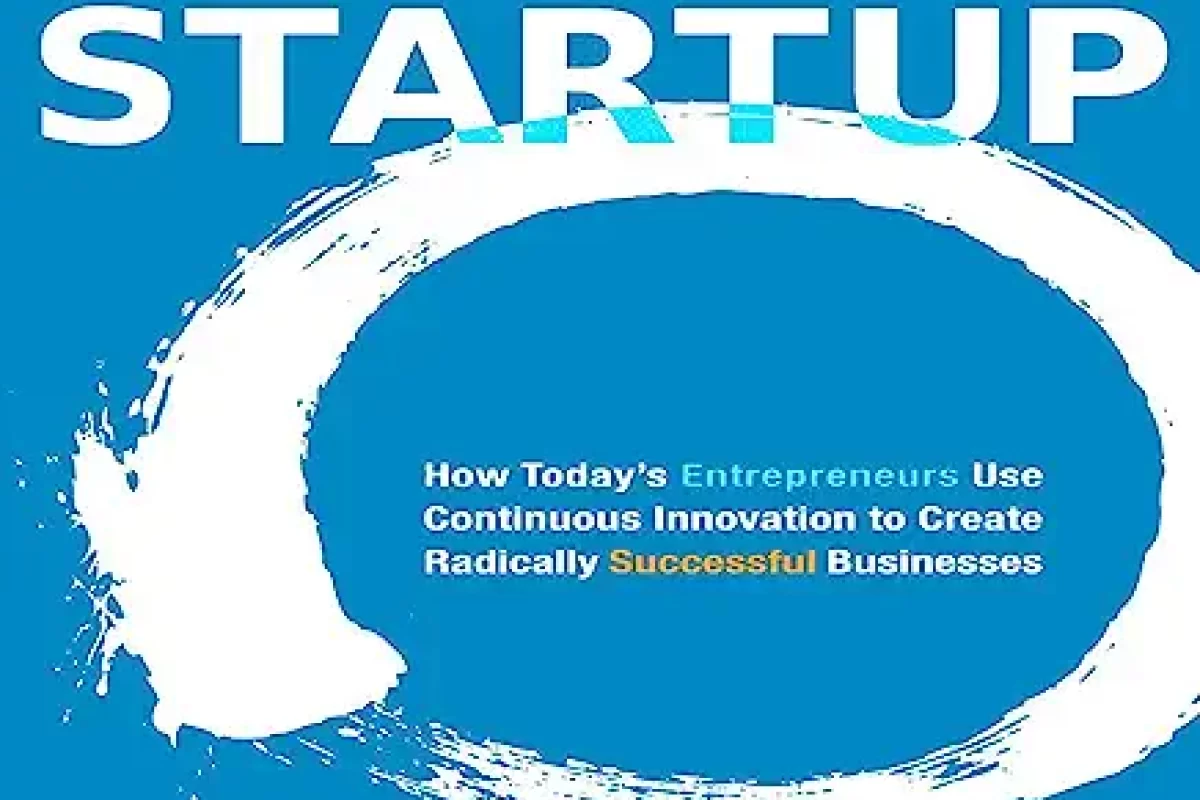Eric Ries’s “The Lean Startup: How Today’s Entrepreneurs Use Continuous Innovation to Create Radically Successful Businesses” has become something of a bible for the modern entrepreneur. The book fundamentally shifts the paradigm of business practices by introducing the concept of “Lean Thinking” into the startup ecosystem. Aimed at anyone who is part of a startup venture, the book’s principles are also robust enough to be adapted by established companies looking to innovate.
The core idea is straightforward yet revolutionary: instead of investing years building a product or service only to find that there is no market for it, entrepreneurs should adopt a system of “Build-Measure-Learn” to iterate their way to success. This methodology emphasizes the importance of adaptability and learning through a system of validated learning and fast iterations. Ries also introduces the concept of “Minimum Viable Product” (MVP), a development that has profoundly influenced how products are developed and launched in today’s fast-paced business environment.
What makes “The Lean Startup” so compelling is not just its revolutionary business model, but also its clarity and practicality. Ries translates complex business strategies into plain language, offering a range of real-world examples, from tech companies to toy manufacturers, to illustrate his points. This makes the book not just a theoretical guide, but also a practical manual for implementing the Lean Startup methodology.
However, the book isn’t without its critics. Some argue that the Lean Startup approach is not universally applicable, particularly in industries where upfront investment is required and iteration is not feasible. At Innovation Vista, we have seen serious abuse of the “Minimum Viable Product” (MVP) concept as prescribed by Eric Ries, when applied to existing systems (risking a step backward on rewrite) as well as in complex integrated processes (risking handling only one aspect of an interconnected chain). Additionally, while Ries covers the mechanics of the Lean Startup approach in detail, the book could offer more insight into the challenges of leadership and team dynamics within this framework.
Despite these limitations, “The Lean Startup” is an essential read for entrepreneurs, innovators, and business leaders alike. Its groundbreaking approach has proven to be effective in minimizing the risks and uncertainties of launching a new business or product, making the path to entrepreneurial success a little less daunting.




